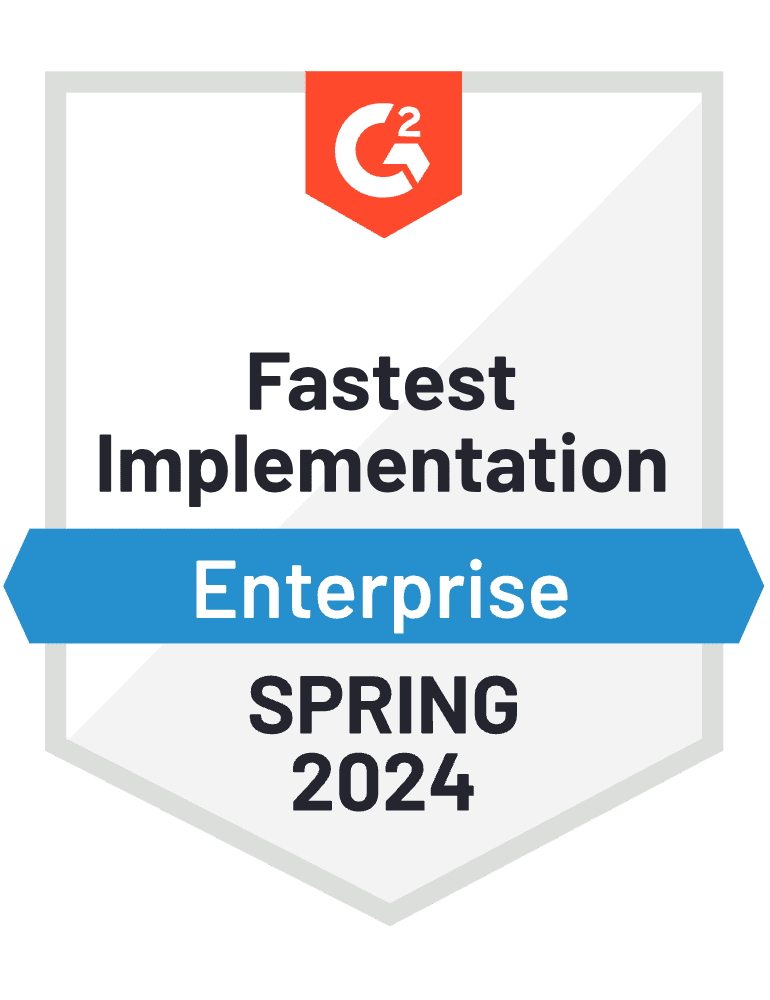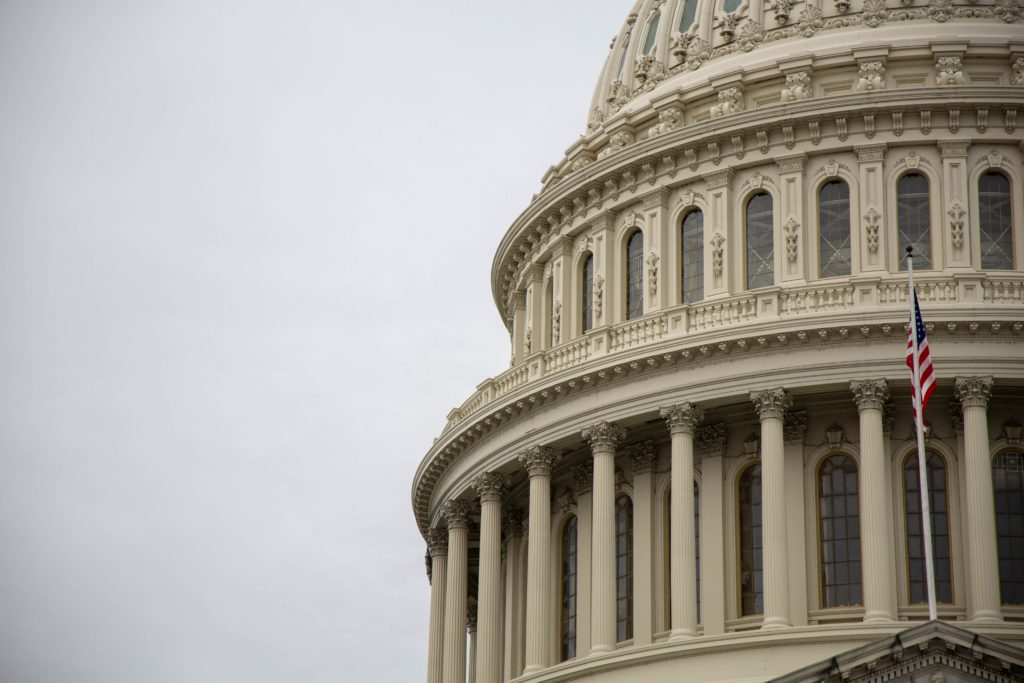Extended Public Engagement: Shaping California’s CCPA Regulations Through Prolonged Comment Period

The California Consumer Privacy Act (CCPA) has set a benchmark for data privacy regulation, significantly influencing state and national approaches to personal information governance. By granting consumers enhanced control over their personal data, the CCPA aims to increase accountability and transparency in business practices. The CPPA oversees the enforcement and continuous refinement of these regulations, ensuring their relevance as technology changes. Recent extensions to the public comment period for proposed regulatory updates highlight the CPPA’s effort to incorporate stakeholder feedback, fostering a more inclusive approach.
Context and significance
Since its implementation, the CCPA has inspired similar privacy laws across the United States, such as those in Virginia and Colorado. This influence underscores California’s role in shaping privacy standards beyond state borders. The ongoing updates to the CCPA regulations reflect the complexity of addressing emerging technologies and privacy concerns. These developments require a participatory approach to ensure regulations remain practical and reflective of diverse stakeholder needs.
Public engagement and its role in regulatory refinement
The CPPA extended the public comment period for its proposed rule-making package to 54 days, longer than the statutory minimum. Stakeholders, including businesses, advocacy groups, and the public, are encouraged to submit written feedback or present oral input at scheduled hearings. Such engagement allows for including varied perspectives, contributing to regulations that account for the practical realities faced by regulated entities. In past consultations, stakeholder feedback has helped to refine provisions to balance consumer rights with operational requirements.
Companies and individuals may provide written public comments via email to [email protected] before January 14th, 2025. There will also be a public meeting on January 14th, 2025.
Implications for data brokers
The proposed updates to the CCPA include expanded cybersecurity audits for data brokers. These entities must disclose specific details about their data practices, such as collecting sensitive information and interactions with minors’ data. If adopted, these will be some of the most stringent cybersecurity audit requirements in the United States. These changes aim to promote greater clarity for consumers while holding data brokers accountable for their activities. For the industry, compliance demands updating practices and the potential for increased scrutiny of business models.
Strategies for businesses
Data brokers and other stakeholders can benefit from engaging with the CPPA during this period. Providing detailed feedback enables businesses to influence creating rules that impact their operations. It is also an opportunity to align internal practices with evolving privacy standards, reducing risks associated with non-compliance. Investment in clear communication of data practices can also improve consumer confidence and reinforce credibility.
Future outlook
The CPPA’s approach to extended public engagement is part of a broader shift in regulatory processes, emphasizing stakeholder contributions to policy development. If successful, this model could inform similar practices in other jurisdictions, promoting a participatory approach to privacy governance. For data brokers, these developments signal the need to remain flexible in an environment of evolving regulatory expectations.
What this means
The extended comment period for the CCPA regulations represents a vital opportunity for collaboration between regulators and stakeholders. By contributing to this process, data brokers can address their unique challenges while shaping a regulatory framework that supports innovation and consumer protection. Adapting to these changes is essential for maintaining compliance, safeguarding reputation, and showing leadership in an increasingly privacy-aware society.
See Hyperproof in Action
Related Resources
Ready to see
Hyperproof in action?











